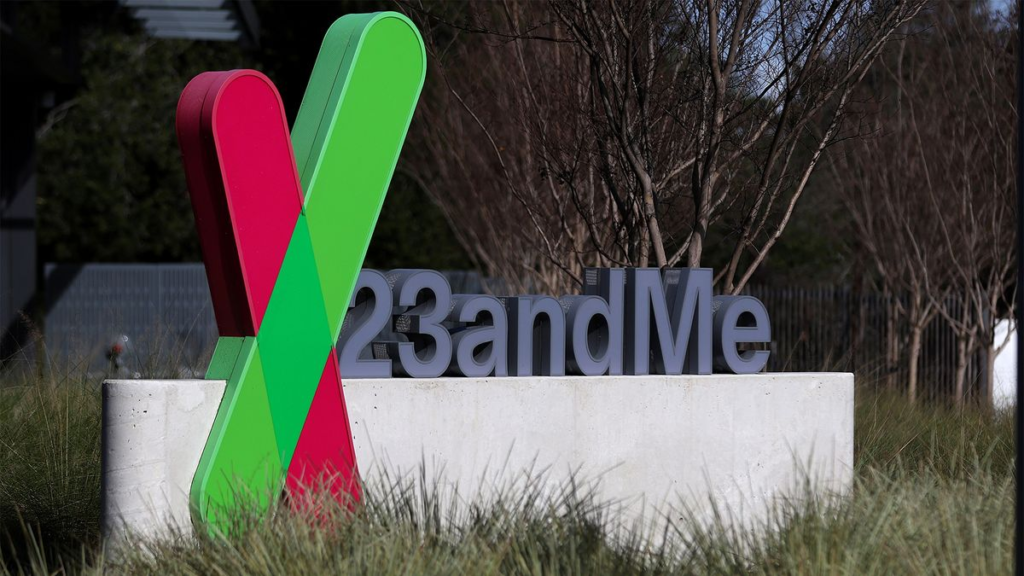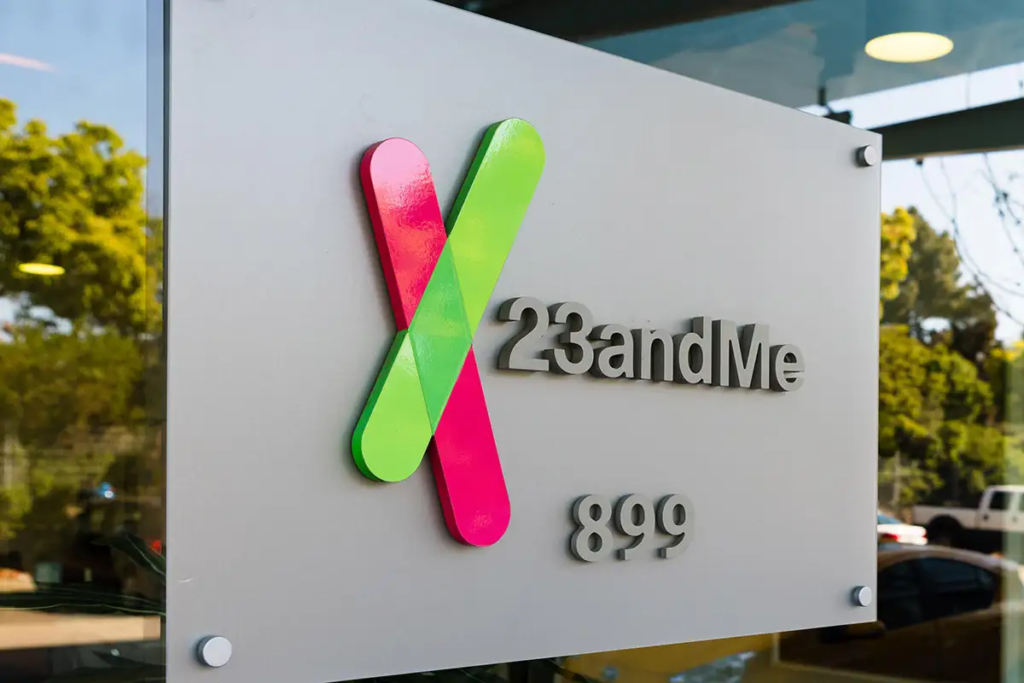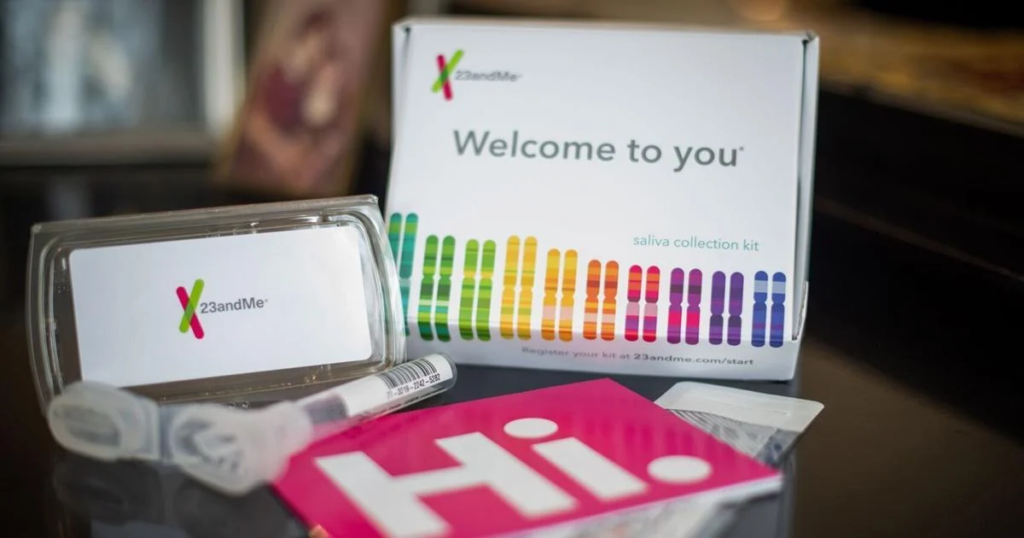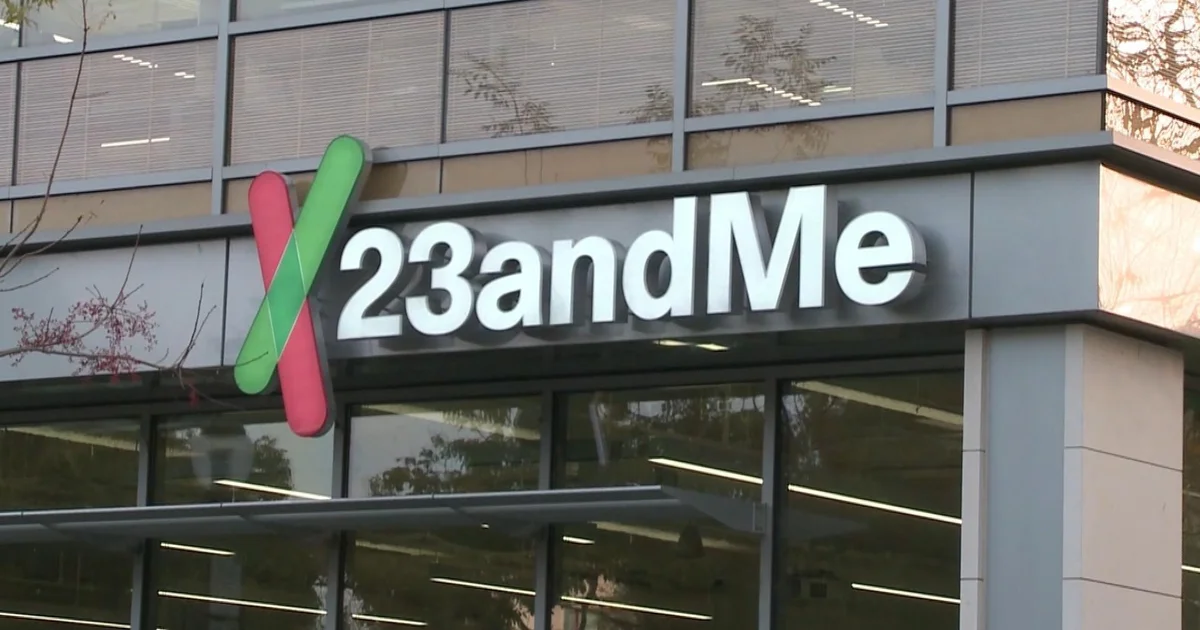23andMe Is Crumbling And Your Genetic Data Could Be At Risk!
The once-popular genetics company, 23andMe, has filed for Chapter 11 bankruptcy, throwing a cloud of uncertainty over the future of the sensitive DNA data it has collected from millions of users. Founded nearly two decades ago, 23andMe was a pioneer in the field of at-home genetic testing, offering people the chance to learn about their ancestry, health risks, and more with a simple DNA test. However, after years of struggling financially, the company has hit a wall, raising serious concerns about the security and privacy of the data it has stored.
The Decline of 23andMe
23andMe’s financial troubles have been brewing for years. Despite its early success, the company struggled to effectively monetize its services. While many customers initially bought the DNA kits out of curiosity, they rarely returned for follow-up tests or services. This lack of recurring revenue put a strain on the business, and its inability to find a profitable model has led to a string of setbacks.
In recent months, the company has been forced to make drastic cuts, including mass layoffs and the resignation of most of its governing board. The company’s share price has plummeted, turning it into a penny stock, and its cofounder and CEO, Anne Wojcicki, has stepped down.

A Data Privacy Crisis Looms
The bankruptcy has raised serious concerns about the future of the vast amounts of genetic data 23andMe has collected. With millions of customers sharing their DNA and personal health information, there’s now a looming risk that this sensitive data could fall into the wrong hands.
California’s attorney general, Rob Bonta, issued a “consumer alert” urging residents to take action and delete their data from the 23andMe website. The state is encouraging customers to assert their rights and request the deletion of their data, including any samples of genetic material stored by the company.
The Washington Post’s Geoffrey Fowler highlighted how easy it is to delete your data from 23andMe’s website. In just a few simple steps, users can remove their genetic information and protect their privacy. However, given the company’s current financial situation, the risk of data being compromised is very real.
Hacking and Data Breaches
The privacy concerns don’t stop at potential takeovers. In 2023, 23andMe faced a massive data breach, exposing the personal information of nearly seven million customers for over five months. The breach seriously damaged the company’s reputation and left many wondering whether their sensitive genetic data was secure. With the company now facing bankruptcy, it’s hard to ignore the potential for further breaches or hacking incidents, especially with the company’s weakened financial position.
23andMe has assured customers that their data will be protected, despite the financial instability. According to CBS News, the company promises that there will be no changes to how it manages and safeguards user data. However, given the company’s current state, users should consider taking proactive steps to protect their personal information.

The Ripple Effect: What About Your Family’s Data?
It’s not just your own DNA at stake. As privacy expert Carissa Veliz pointed out, anyone who submitted their genetic data to 23andMe also potentially exposed the DNA of their parents, siblings, children, and even distant relatives—people who never consented to sharing their genetic information. This makes the issue far more complicated, as data privacy extends beyond just one person’s information.
If 23andMe is sold or the data is mismanaged during bankruptcy proceedings, it could have far-reaching consequences for the genetic privacy of millions of individuals and their families.
What’s Next for 23andMe?
Despite these challenges, Anne Wojcicki remains optimistic about 23andMe’s future. Although she resigned as CEO, Wojcicki has expressed interest in potentially bidding for the company’s assets as part of the bankruptcy process. In a tweet, she expressed her commitment to 23andMe’s long-term vision of establishing genetics as an essential part of healthcare systems worldwide.
“I am supportive of the company and I intend to be a bidder,” Wojcicki wrote. “If I am fortunate enough to secure the company’s assets through the restructuring process, I remain committed to our long-term vision.”

What Should Users Do?
With 23andMe’s future uncertain, users should take immediate action to protect their data. Deleting genetic information from the platform is a straightforward process, and customers should consider doing so as a precaution. If you value your genetic privacy, it may be time to reconsider your relationship with 23andMe, especially as the company navigates through its bankruptcy and restructuring process.
In the end, 23andMe’s bankruptcy may be a cautionary tale about the risks of sharing highly sensitive data with companies that struggle to remain financially viable. For now, the focus is on safeguarding personal information before it falls into the wrong hands, whether that’s due to a corporate takeover or hacking. The future of 23andMe may be uncertain, but users have the power to protect their privacy in the meantime.







